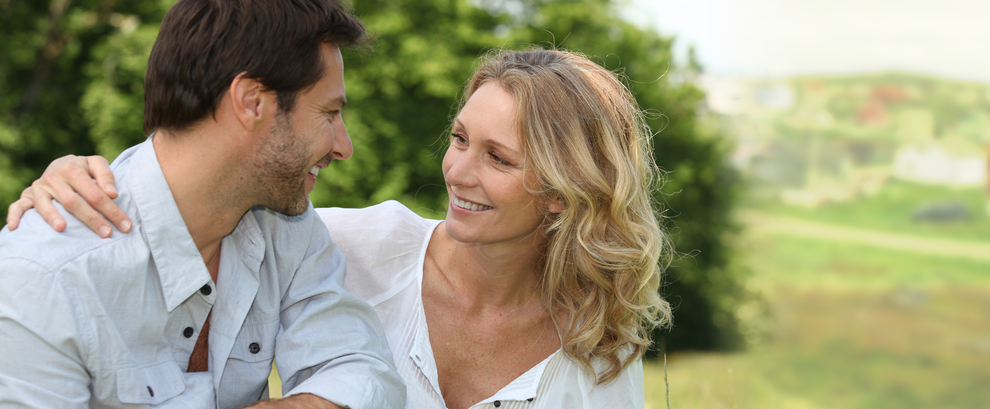There are a couple of other considerations regarding script development that should not be overlooked.
First, I use the word “decision” broadly to describe decisions made both in or outside of conscious awareness, including those made by every child even when too young to put what they are deciding into words.
In fact, despite their preverbal nature, the decisions made during a child’s first years of life are the most persuasive and potentially the most long-lasting decisions of all. This also makes them the most resistant to change.
Nevertheless, all of these decisions can be reviewed and changed as life is lived, though resistance to change is powerful because we usually seek to reconfirm what we already hold to be true. The alternative for many is too uncomfortable. So, rather than confront the challenge and consider another possibility, people unconsciously create situations that will rather support their old decisions.
So Why Would You Change?
Because of this incredibly strong resistance to change, the only reason most of us would consider it at all is that the pain of staying where they are surpasses any pleasure they may gain by it.
How Do You Change a Decision— Especially One Acquired Preverbally?
Changing early, unconscious decisions is the domain of Psychotherapy, a model of therapy that works at the subconscious level. It helps a client to understand childhood decisions so that more conscious decisions can replace them.
In essence, psychotherapy first asks clients to look at their negative feelings as they have them and to notice the thoughts and the consequent self-talk attached to each feeling. The thoughts and self-talk link directly to the decisions that were once made, which make up the script that continues to drive the cycle. This cycle, interestingly, is a two-way street: as thoughts and feelings impact on decisions, the resulting script, and therefore a person’s values, attitudes, and beliefs, so too do the values, attitudes, and beliefs affect the decisions and script, and hence the thoughts, feelings, and behaviors.
I call this the Script Cycle. It could look a bit like this:
So, the feelings that a child had preverbally became the values, attitudes, and beliefs that in turn defined the decisions and the script, which in its turn affects future feelings, and so on. The same applies to the accompanying thoughts and behaviors.
This cycle can have positive and negative outcomes. It is the process of getting into a negative script belief, but it is also the way out of it. When we become aware of our negative feelings, we can look at the beliefs and decisions that lie behind them and make changes to create a much more satisfactory outcome.
One place where you might witness this at its most basic level is in the process of teaching a child right from wrong. Often, a young child who misbehaves doesn’t understand yet that certain behaviors are considered wrong.
To the wonder of you,












Leave a reply